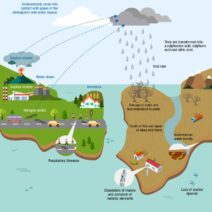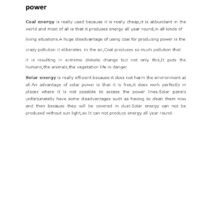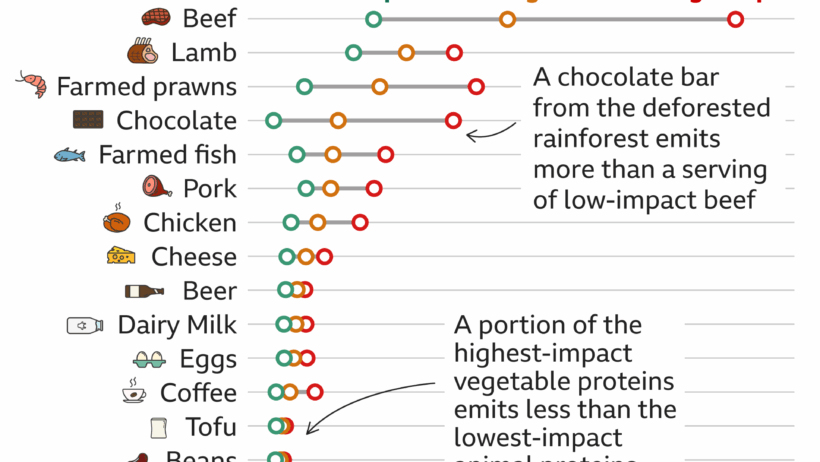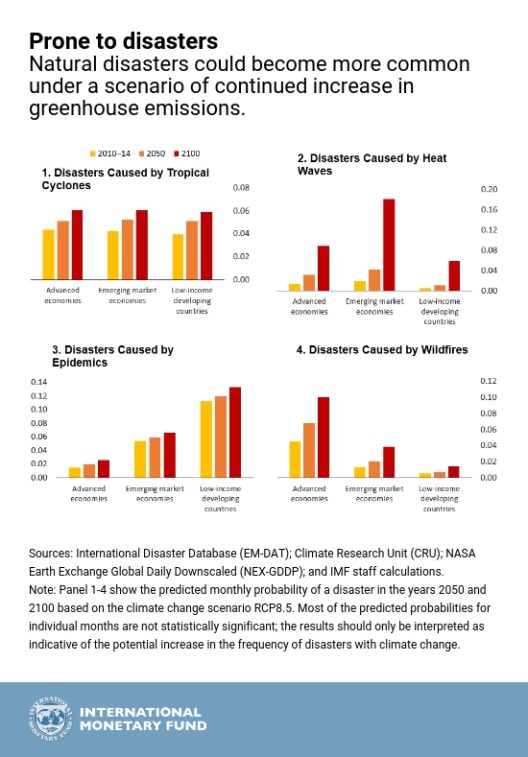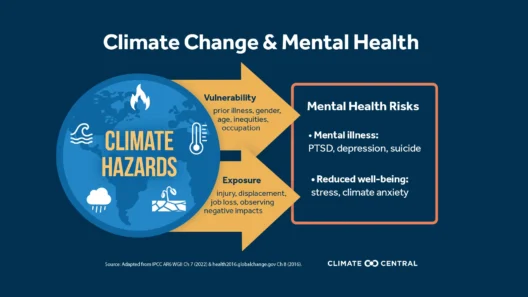As the world continues to grapple with the pressing issue of climate change, the food choices we make take on increasing significance. Among these choices, the consumption of meat stands out as a primary contributor to greenhouse gas emissions, particularly methane, which is significantly more potent than carbon dioxide in its heat-trapping capabilities. Assessing how dietary habits, especially those involving animal products, contribute to climate degradation is essential for understanding our role in this global crisis.
This article delves into the relationship between meat consumption and methane emissions, illuminating the complexities of our diets and their environmental repercussions. It is vital to grasp how individual choices accumulate to precipitate profound climatic shifts.
To comprehend this dilemma, one must first understand the agricultural processes that underpin meat production. Livestock farming is not just energy-intensive; it is intricately linked to deforestation, water consumption, and, critically, methane emissions. When ruminant animals such as cows and sheep digest their food, they produce methane as a byproduct, which is released through belching and manure management. This biological process is exacerbated by the large-scale grain production necessitated to feed livestock, which, in turn, entails significant land-use changes that result in habitat loss.
The statistics concerning methane emissions are staggering. According to research, methane accounts for approximately 16% of global greenhouse gas emissions, with livestock contributing a sizable portion of this figure. The emissions from animal agriculture are not merely a byproduct; they are a pivotal factor in the acceleration of climate change. Alternatives such as plant-based diets have been garnering attention as viable solutions to mitigate these emissions. Transitioning to these diets can substantially reduce an individual’s carbon footprint.
Despite the clear environmental impact of meat production, cultural and dietary preferences make it challenging to advocate for a complete cessation of meat consumption. In many societies, meat is intertwined with traditions, cultural identity, and social interactions. A nuanced understanding of these cultural dimensions is necessary to foster a dialogue about sustainable dietary changes. The aim is not to impose restrictions but rather to encourage moderation, informed choices, and the incorporation of more plant-based options.
While the meat industry has often been vilified, it is crucial to differentiate between various types of meat production. For instance, grass-fed cattle and regenerative farming practices offer more sustainable alternatives compared to conventional factory farming. Regenerative agriculture seeks to improve soil health and restore ecosystems while maintaining viable livestock operations. Such methods can mitigate some of the environmental impacts typically associated with meat production, highlighting that not all meat is created equal. This complexity should inform conversations around meat consumption and sustainability.
Moreover, the burgeoning market for alternative protein sources has the potential to reshape dietary habits and diminish reliance on traditional meat products. Innovations in plant-based, lab-grown, and cultivated meats are making sustainable options increasingly accessible to consumers. The emergence of these alternatives signals a shift in consumer preference towards more sustainable eating habits. These products not only reduce methane emissions but also offer a solution to the ethical concerns associated with animal husbandry.
Educational initiatives play a critical role in disseminating knowledge about the environmental impact of diets. Public awareness campaigns that illustrate the connection between dietary choices and environmental degradation can stimulate dialogue and inspire change at both individual and collective levels. By providing concrete data and actionable steps, society can encourage the adoption of sustainable dietary practices that can significantly lessen our collective carbon footprint.
Communities can further promote sustainable dietary patterns by creating supportive environments. Initiatives such as community gardens, farm-to-table programs, and local markets can increase access to fresh, plant-based foods while simultaneously reducing reliance on meat. These endeavors can foster a culture that prioritizes nutrition and sustainability, helping to shift public perceptions about food sourcing and consumption.
As discussions around climate change grow, it is imperative to integrate dietary practices into the broader narrative of environmental activism. Advocates for sustainable diets must navigate the dichotomy between cultural habits and environmental responsibility with sensitivity and respect. Campaigns that drive home the simplicity of making incremental changes—such as participating in “Meatless Mondays” or exploring vegetarian meal options—can catalyze significant shifts in consumer behavior.
In conclusion, the linkage between meat consumption and methane emissions outlines a critical area for mitigating climate change. Each individual bears the power to influence the trajectory of this crisis through informed dietary choices. By examining the complexities of meat production, recognizing the potential of sustainable practices, and fostering community support, society can embark upon a path towards a more sustainable future. As the dialogue surrounding our diets evolves, it becomes ever clearer that mindful eating is an indispensable element of climate action. Transitioning to plant-based options or embracing responsible meat consumption not only contributes to personal health but can also be a formidable strategy against the effects of climate change, underscoring that dietary choices are indeed a matter of planetary health.
